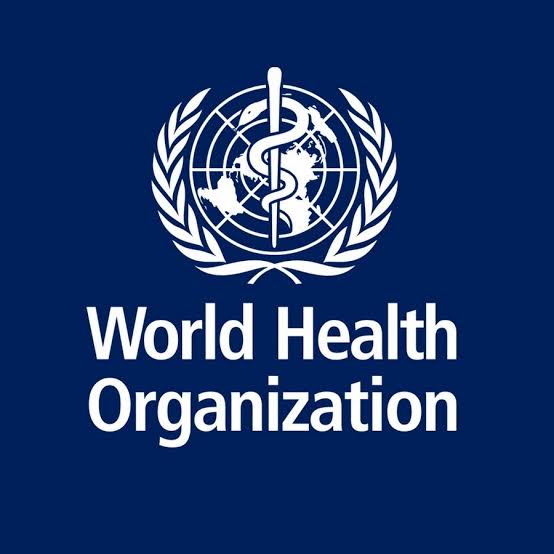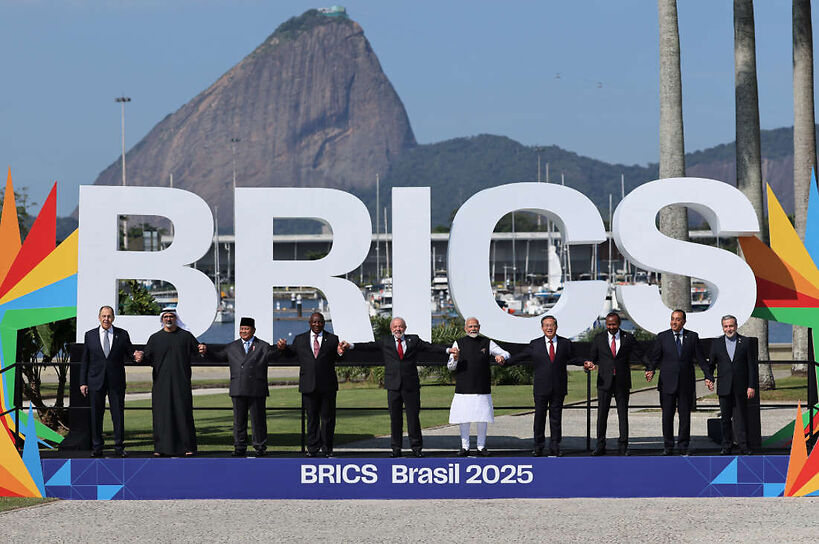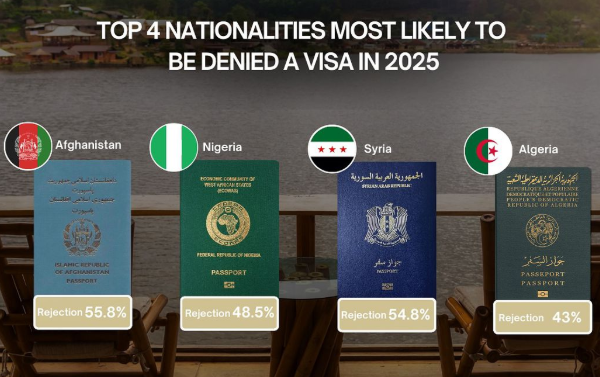TB decades of progress will be reversed for lack of funding – WHO

The World Health Organisation, WHO, during the 2025 World Tuberculosis (TB) Day has called for an emergent funding into TB cares. While lamenting, they stated that the abrupt cut in global health funding poses as a threat, as it may reverse decades of progress to combat the disease.
The organisation also noted that TB remains on of the dangerous infectious disease, that's taking over 1 million people and also leaving impacts on families and communities.
It also stated that the global effort to combat TB have saved an estimated 79 million lives since 2000, during the yearly celebrated day, 24th of March - World Tuberculosis Day.
WHO stated that: “The drastic and abrupt cuts in global health funding happening now threaten to reverse these gains.
“Rising drug resistance especially across Europe and the ongoing conflicts across the Middle East, Africa and Eastern Europe, are further exacerbating the situation for the most vulnerable.”
WHO stated that the year theme is “Yes! We Can End TB: Commit, Invest, Deliver” This campaign highlighted a rallying cry for urgency, accountability and hope.
WHO Director-General, Dr Tedros Adhanom Ghebreyesus, while speaking about the disease said: “The huge gains the world has made against TB over the past 20 years are now at risk as cuts to funding start to disrupt access to services for prevention, screening, and treatment for people with TB."
“But we cannot give up on the concrete commitments that world leaders made at the UN General Assembly 18 months ago to accelerate work to end TB. WHO is committed to working with all donors, partners and affected countries to mitigate the impact of funding cuts and find innovative solutions.”
They also noted that there are 27 countries that are facing breakdown in their TB response with dreadful consequences, such as human resources shortages undermining service delivery, diagnostic service severely disrupted, delaying detection and treatment, data and surveillance systems collapsing, compromising disease tracking and management; community engagement efforts, including active case finding, screening, and contact tracing, deteriorating, leading to delayed diagnoses and increased transmission risks.
It's also stated that nine countries, report failing of TB drug procurement and supply chain which stops treatment continuity and patient outcomes.
“In 2023, only 26 per cent of the US$22 billion annually needed for TB prevention and care was available, leaving a massive shortfall. TB research is in crisis, receiving just one-fifth of the US$5 billion annual target in 2022—severely delaying advancements in diagnostics, treatments, and vaccines.
“WHO is leading efforts to accelerate TB vaccine development through the TB Vaccine Accelerator Council, but progress remains at risk without urgent financial commitments.
Dr Tereza Kasaeva, the Director of WHO’s Global Programme on TB and Lung Health said: “This urgent call is timely and underscores the necessity of swift, decisive action to sustain global TB progress and prevent setbacks that could cost lives.
“Investing in ending TB is not only a moral imperative but also an economic necessity—every dollar spent on prevention and treatment yields an estimated US$43 in economic returns.”
WHO by handling TB determinants and also communicable and non-communicable diseases, lung conditions, and disabilities through a unified strategy aims to improve the global response and the reinforcement of the health sectors in general.
WHO concluded by calling on everyone, individuals, communities, societies, donors and governments, to contribute their quarter in order to end TB. Stating that without the efforts of stakeholders, TB decades of progress would be reversed thereby putting millions of lives at risk.



